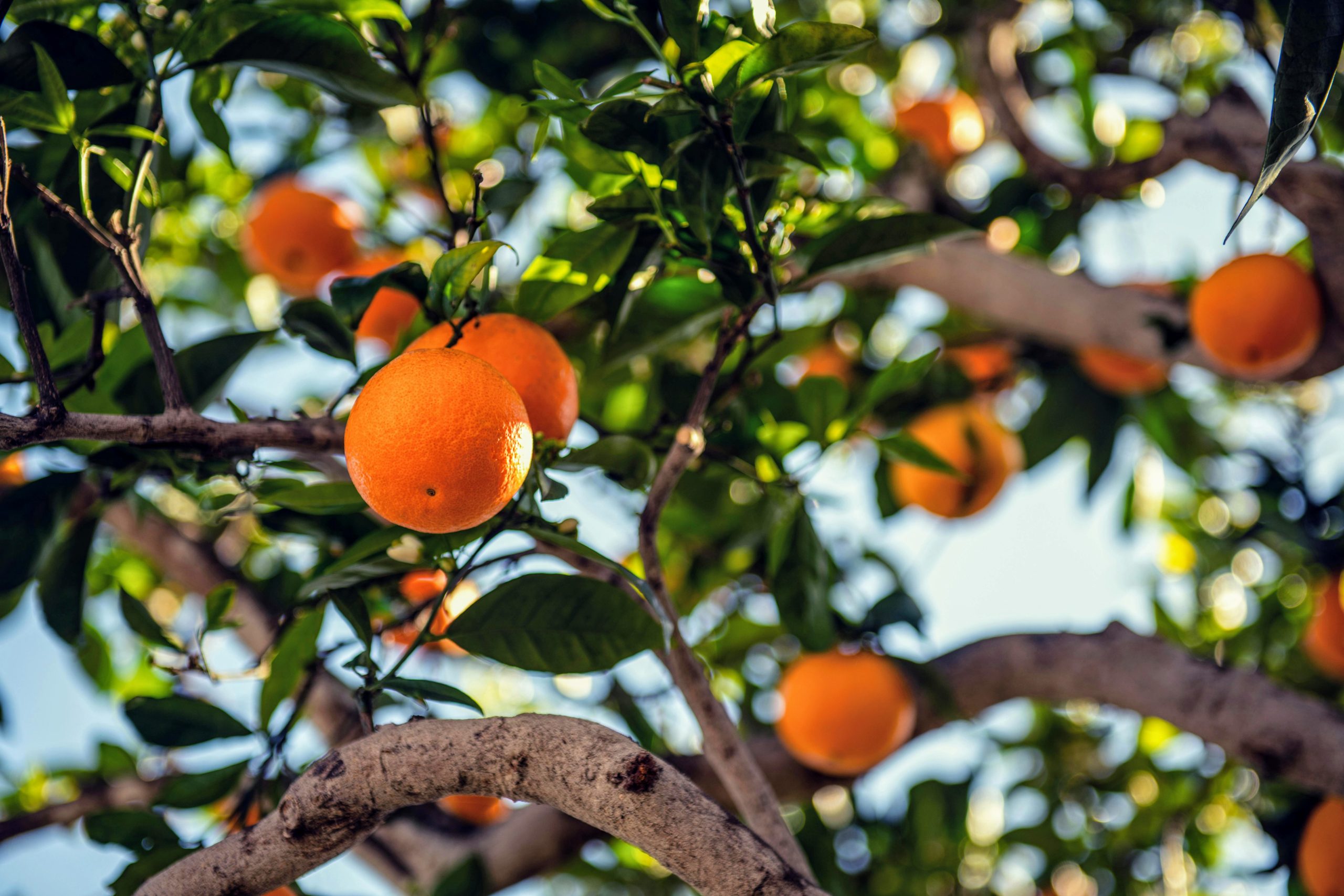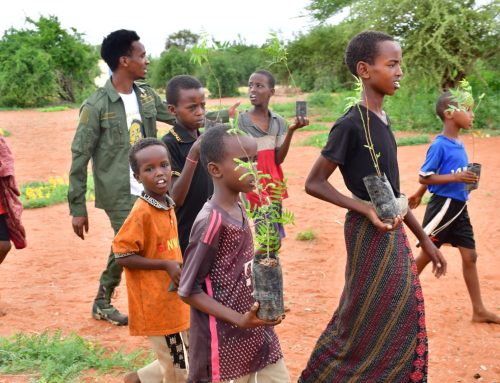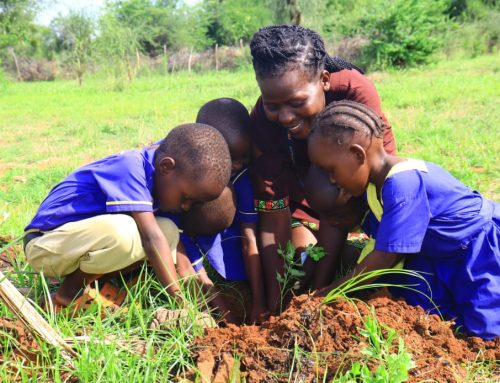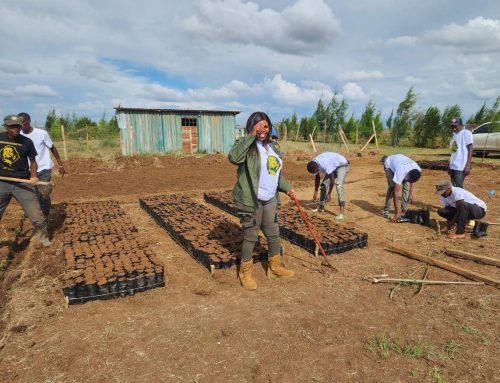Planting Fruit Trees
A Step Towards Climate Change Mitigation and Food Security
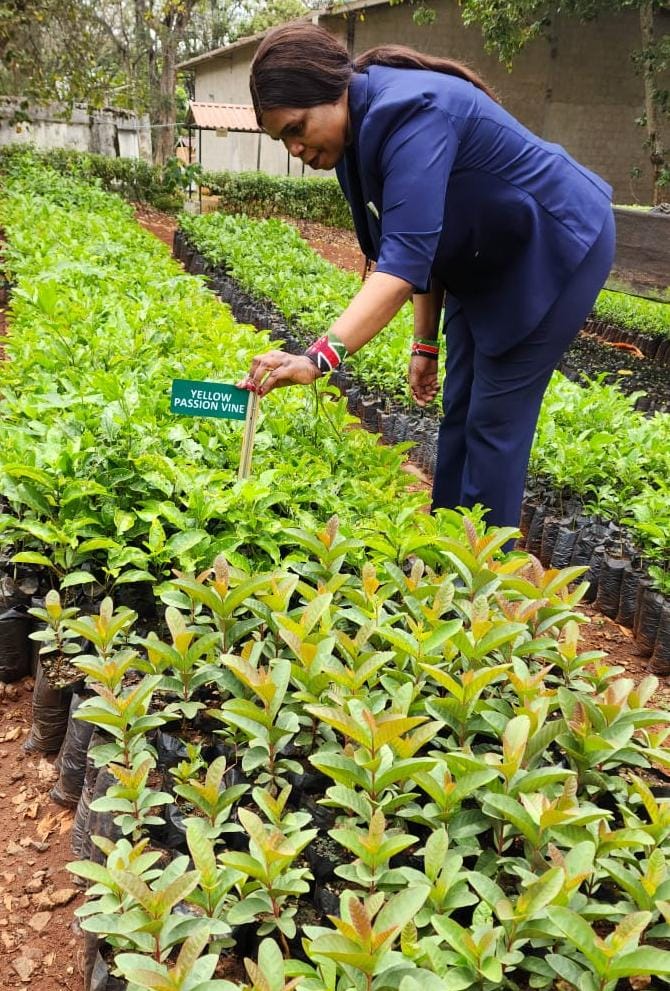
As the world grapples with the challenges of climate change and food insecurity, Dedan Kimathi Foundation (DKF) is stepping up efforts to address both issues through an intensified campaign to plant fruit trees. This initiative aligns with our commitment to environmental sustainability and the well-being of communities. As we encourage tree planting to mitigate climate change, we also emphasize the vital role that fruit trees play in enhancing food security.
Have you ever considered planting a fruit tree in your own compound? Now is the perfect time to do it. Fruit trees are a long-term investment that can continue giving back year after year, even in times of drought or economic hardship when garden produce might be scarce. By planting a fruit tree, you not only contribute to the fight against climate change but also create a personal source of food and other valuable resources.
Why Plant a Fruit Tree?
1. Food Security
Fruit trees are a dependable source of nutrition. Unlike seasonal crops that can be affected by changing weather patterns, fruit trees produce food regularly, ensuring a sustainable food supply even during challenging times. Whether it’s mangoes, avocados, oranges, passion or any other fruit, these trees can support families by providing nourishment when other food sources may be scarce.
2. Economic Benefits
Beyond feeding your family, fruit trees can provide an additional source of income. Once they mature, you can sell the surplus fruit to your local community or at markets. The income generated from selling fruits can support other household needs or even fund further agricultural ventures.
3. Environmental Impact
Fruit trees contribute to the environment in several ways:
Carbon Sequestration: Like all trees, fruit trees absorb carbon dioxide from the atmosphere, reducing the overall concentration of greenhouse gases.
Soil Improvement: Fruit trees help prevent soil erosion and enhance soil fertility. Their fallen leaves create organic matter that nourishes the soil.
Biodiversity: These trees create a habitat for birds and beneficial insects, enhancing local biodiversity.
Shade and Cooling: Trees naturally cool their surroundings, helping to combat the urban heat island effect and reducing the need for air conditioning in nearby buildings.
4. Medicinal and Nutritional Value
Some fruit trees have medicinal properties. For example, guava leaves are known for their antibacterial qualities, and various parts of the avocado tree can be used to treat health issues. Moreover, fruits are rich in vitamins and antioxidants, making them essential for a healthy diet.
5. Reforestation and Climate Mitigation
By planting fruit trees, we contribute to reforestation efforts. Trees are essential for absorbing carbon, protecting against floods, and maintaining the balance of ecosystems. Planting fruit trees helps replenish forests, especially in areas where deforestation has occurred, and plays a significant role in mitigating climate change.
Join Us in the Movement
As we move forward with our mission of planting more fruit trees, we invite you to join the movement. Whether you’re a homeowner with a backyard or a farmer with expansive land, planting even just one fruit tree can make a difference. Together, we can create greener communities that thrive both ecologically and economically.
Make the decision today to plant a fruit tree and be part of the solution—not only for the environment but for your future generations. Let’s grow a world where food security and environmental sustainability go hand in hand.


